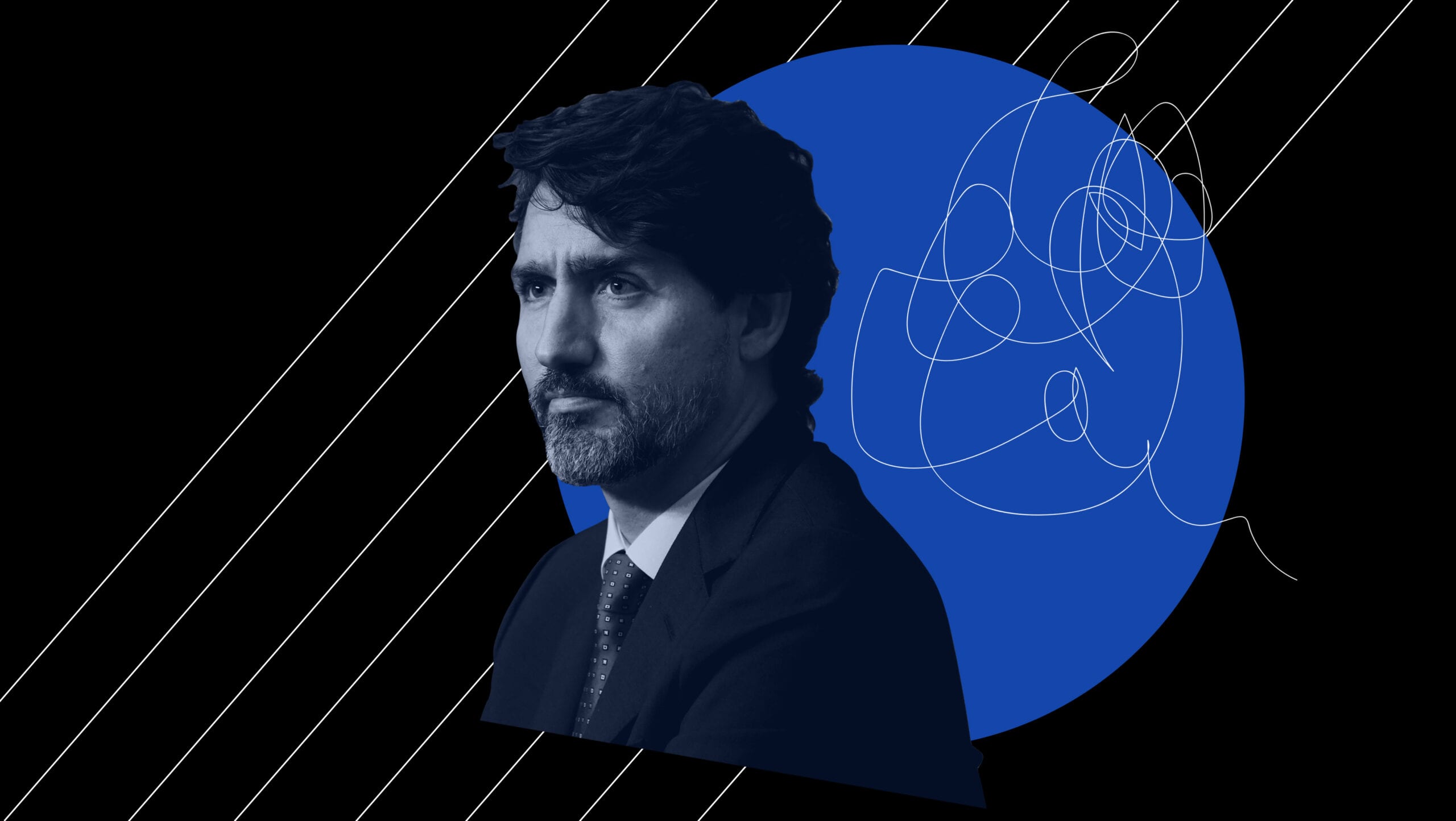On June 12, as the number of COVID-19 cases continued to rise across Canada, Prime Minister Justin Trudeau said changes were coming to the blood donation ban on queer men and trans women. Trudeau made the claim as Canadian Blood Services and Héma-Québec, organizations that manage blood donation in the country, noted a shortage in blood supply due to the pandemic that overran the country beginning in March. The ban excludes trans women and men who have sex with men from donating blood and plasma unless they have been abstinent for at least three months.
Now, three months after that announcement, the PMO has not initiated any changes to the donation policy—leaving many LGBTQ2 Canadians unable to donate blood and plasma during a global health crisis.
“At this time, we have not received a request from the operators, Canadian Blood Services and Héma-Québec, to further change the deferral period,” Cole Davidson, a spokesperson for the Minister of Health Patty Hajdu, wrote an email statement. “However, we are funding 15 research projects to help find the evidence needed to eliminate it. We continue to encourage Canadian Blood Services and Héma-Québec to move toward a behaviour-based model and abandon this discriminatory practice.”
But Canadian Blood Services referred Xtra to Health Canada for questions regarding timeline. In an email statement, a spokesperson recognized the need to end the ban: “We see the current three-month waiting period as an incremental step in Canada’s eligibility criteria journey for men who have sex with men, not the destination.”
In April, a month into lockdowns across the country, Minister Hajdu also told Xtra in an email statement that changes to the ban were imminent. “The finish line is within sight, and we’ll keep working with Canadian Blood Services and Héma-Québec until we cross it,” she wrote.
Meanwhile, Bardish Chagger, minister of diversity and inclusion and youth, told CTV News that COVID-19 was to blame for the hold-up on research efforts.
The government’s three-month radio silence was the impetus for the latest calls from a conglomerate of LGBTQ2 and allied organizations to end the ban altogether. The All Blood is Equal Campaign’s latest letter, published Sept. 30 and backed by 19 signatories, urges the government to eliminate identity-based exclusions on blood donation and instead implement gender-neutral risk and behavioural screenings—similar to those of Spain and Chile.
“All Canadians deserve the opportunity to partake in the time-honoured tradition of blood donation, with screening provisions based on science rather than prejudice,” the letter reads.
The All Blood is Equal Campaign launched in June to co-ordinate the efforts of multiple LGBTQ2 and allied organizations—including Prides across the country, Egale Canada, the Canadian AIDS society and others—who are petitioning the government to end the blood ban.
Last year, Trudeau’s Liberal government shortened the donation deferral period for queer men and trans women to three months—down from one year. A 2019 survey by B.C.’s Community-Based Research Centre, meanwhile, found that 90 percent of participants would become blood donors if the ban was completely lifted.
Legacy: October 6, 2020 10:39 amThe story has been updated to include a correction on behalf of the Minister of Health’s office, noting that Canadian Blood Services and Héma-Québec are operators, not regulators, as per their original statement.


 Why you can trust Xtra
Why you can trust Xtra


